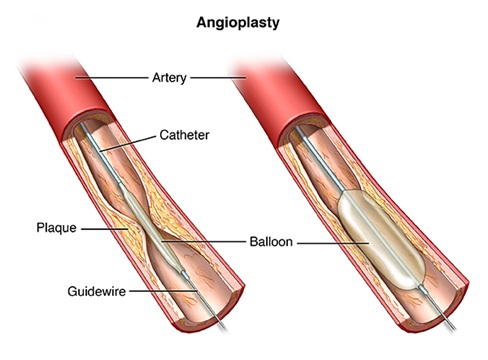Introduction Bone Marrow Transplant
In recent years, India has emerged as a global hub for advanced medical treatments, with bone marrow transplant (BMT) being one of the most sought-after procedures. This life-saving treatment has gained prominence due to its effectiveness in treating various blood disorders, cancers, and immune system diseases. In this article, we’ll explore the landscape of bone marrow transplantation in India, highlighting the country’s expertise, cost-effectiveness, and some of the leading doctors in this field. A bone marrow transplant, also known as a stem cell transplant, is a procedure that replaces damaged or diseased bone marrow with healthy stem cells. These new stem cells can then produce healthy blood cells, effectively treating conditions like leukaemia, lymphoma, multiple myeloma, and severe aplastic anaemia. Medical oncologist in Bangalore prepared for BMT for cancer care.
Why Choose India for Bone Marrow Transplant?
-
Medical Expertise
India boasts a wealth of highly skilled and experienced medical professionals, many of whom have trained or worked in renowned institutions worldwide. The country’s medical education system produces thousands of qualified doctors annually, with many specializing in haematology and oncology.
-
State-of-the-Art Facilities
Many Indian hospitals are equipped with cutting-edge technology and follow international standards of care. These facilities often have dedicated BMT units with stringent infection control measures.
-
Cost-Effectiveness
One of the most significant advantages of choosing India for a bone marrow transplant is the cost. The procedure can be up to 60-70% less expensive than in Western countries, without compromising on quality.
-
Short Waiting Times
Unlike some countries where patients might wait months for a transplant, Indian hospitals often have shorter waiting periods, allowing for quicker treatment initiation.
-
Supportive Ecosystem
India has a robust support system for medical tourists, including dedicated services for international patients, language assistance, and help with travel and accommodation arrangements.
The Bone Marrow Transplant Procedure in India
Pre-Transplant Phase
- Comprehensive evaluation of the patient’s condition
- Identification of a suitable donor (for allogeneic transplants)
- Pre-transplant conditioning, which may include chemotherapy or radiation
Transplant Phase
- Collection of stem cells from the patient or donor
- Infusion of stem cells into the patient’s bloodstream
Post-Transplant Phase
- Close monitoring for complications
- Management of potential side effects
- Long-term follow-up care
Challenges and Considerations
While India offers excellent care for bone marrow transplants, there are some challenges to consider:
- Finding a Matched Donor: Finding a matched donor can be challenging for allogeneic transplants. However, India has been working on expanding its bone marrow donor registry to address this issue.
- Post-Transplant Care: Long-term follow-up is crucial for transplant success. International patients need to plan for extended stays or arrange for follow-up care in their home countries.
- Graft-versus-host disease (GVHD): This is a potential complication in allogeneic transplants. Indian hospitals have developed expertise in managing GVHD effectively.
- Infection Risks: Due to India’s tropical climate, there may be different infection risks compared to other countries. However, HCG hospital Bangalore maintain strict infection control protocols to mitigate these risks.
The Future of Bone Marrow Transplantation in India
The field of bone marrow transplantation in India is continuously evolving. Some exciting developments include:
- Expansion of Haploidentical Transplants: This technique allows transplants from partially matched family members, expanding the donor pool.
- CAR T-Cell Therapy: Some Indian hospitals are now offering this advanced form of immunotherapy, which uses genetically modified T-cells to fight cancer.
- Research and Clinical Trials: Indian institutions are actively participating in global research to improve transplant outcomes and develop new treatments for haematological disorders.
Conclusion
Bone marrow transplantation in India represents a confluence of advanced medical expertise, state-of-the-art technology, and cost-effective treatment options. With its pool of skilled doctors, well-equipped hospitals, and a supportive ecosystem for medical tourism, India has established itself as a leading destination for this life-saving procedure. While challenges exist, the continuous advancements in the field and the dedication of Indian medical professionals promise a bright future for bone marrow transplantation in the country. For patients seeking high-quality, affordable treatment, India offers not just medical care, but a beacon of hope for a healthier future.
This post was created with our nice and easy submission form. Create your post!





